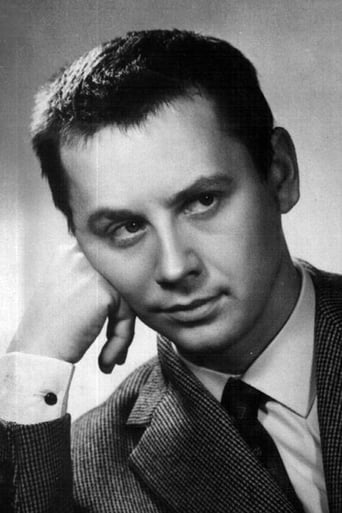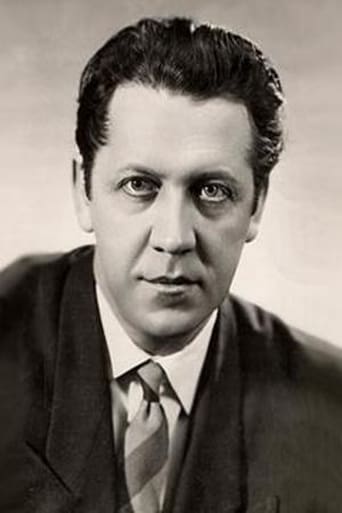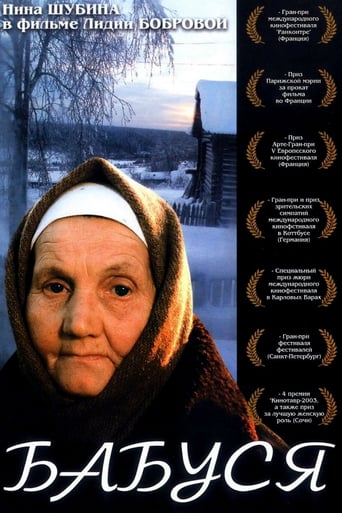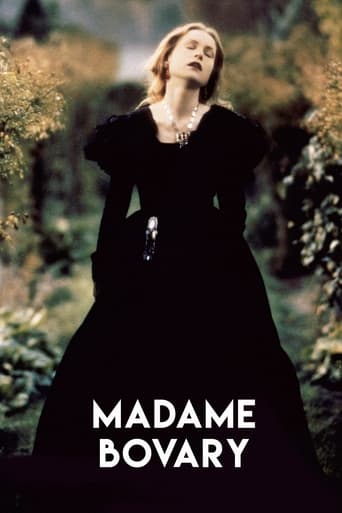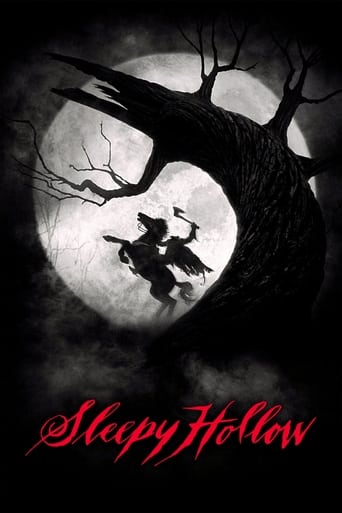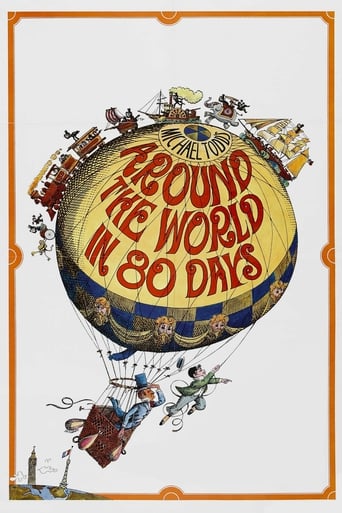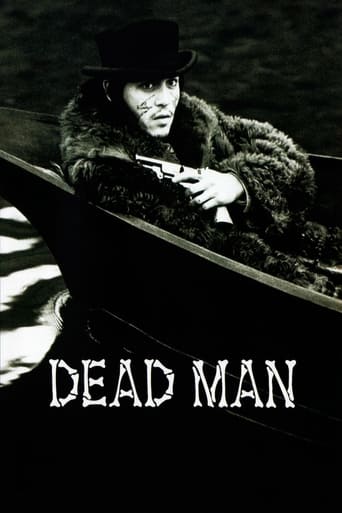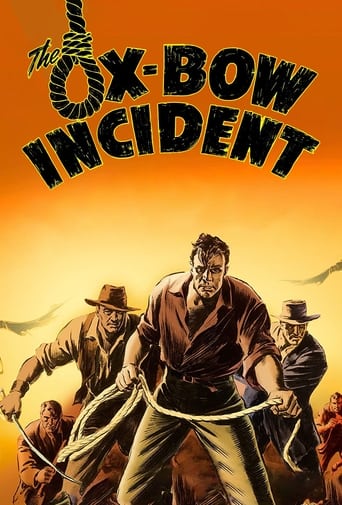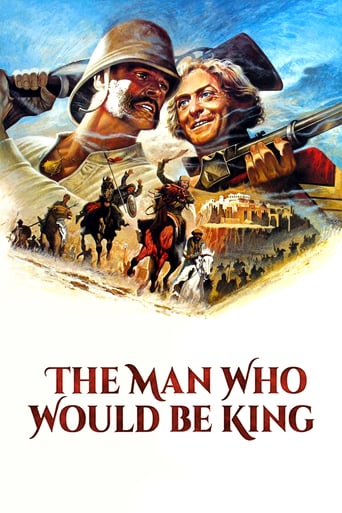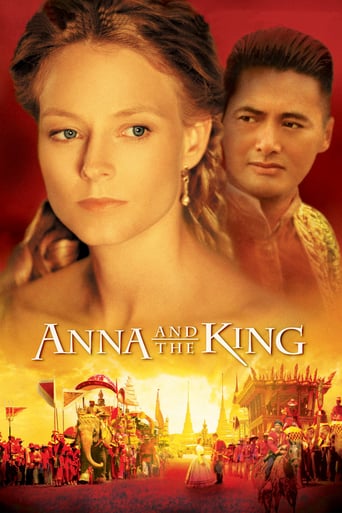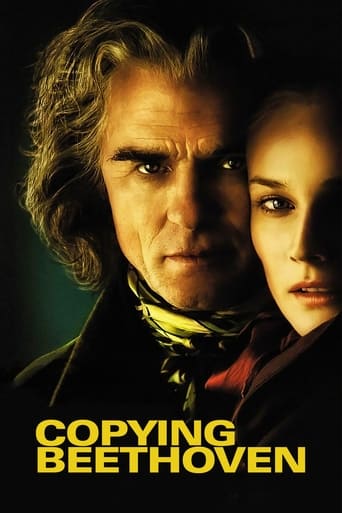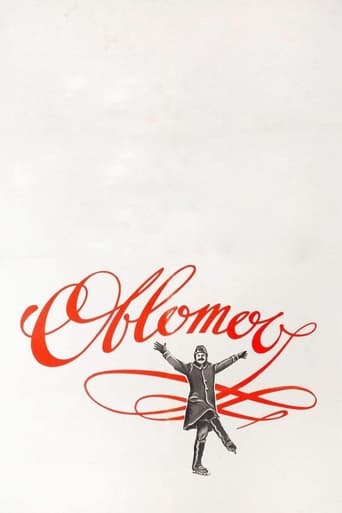
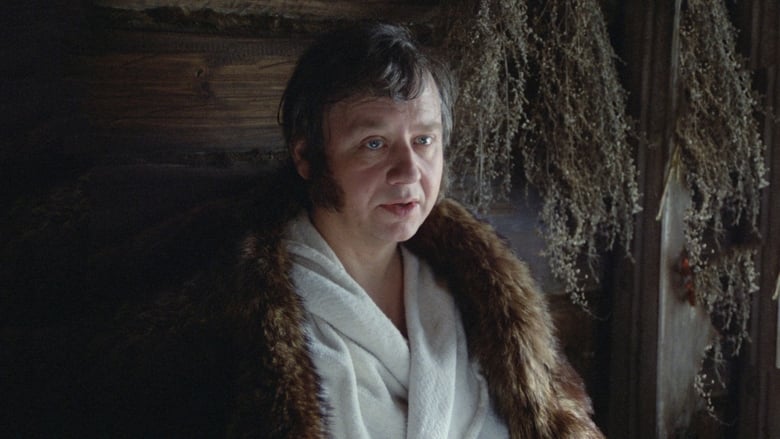
Oblomov (1979)
St. Petersburg, mid 19th century: the indolent, middle-aged Oblomov lives in a flat with his older servant, Zakhar. He sleeps much of the day, dreaming of his childhood on his parents' estate. His boyhood companion, Stoltz, now an energetic and successful businessman, adds Oblomov to his circle whenever he's in the city, and Oblomov's life changes when Stoltz introduces him to Olga, lovely and cultured. When Stoltz leaves for several months, Oblomov takes a country house near Olga's, and she determines to change him: to turn him into a man of society, action, and culture. Soon, Olga and Oblomov are in love; but where, in the triangle, does that leave Stoltz?
Watch Trailer
Cast


Similar titles
Reviews
Don't listen to the negative reviews
This story has more twists and turns than a second-rate soap opera.
what a terribly boring film. I'm sorry but this is absolutely not deserving of best picture and will be forgotten quickly. Entertaining and engaging cinema? No. Nothing performances with flat faces and mistaking silence for subtlety.
It is an exhilarating, distressing, funny and profound film, with one of the more memorable film scores in years,
in many occasions, an adaptation is a war against novel. modifications, lost of book spirit, innovations or only errors. in this case, the masterpiece of Goncharov is key for open the Nikita Michalkov universe. recipes - respect for text, good cast, precise performance, Slav flavor. only is at right place. the drama of poor Oblomov is reconstructed, piece by piece, level by level, with grace, respect and love. more than a film, it may be a portrait or homage. and basic victory is science to transform the story in warm drawing of feelings and expectations, sins and fall. it is not a surprise. only new demonstration of Mikhalkow subtle art. and this is, for each of his films, the sign who makes difference, who gives a kind of aura to every movie and births air of refined melancholia.
Ivan Goncharov's novel Oblomov is a classic of Russian literature and a true masterpiece. It's a sociocritical and philosophical work and it anticipates the formation of the Russian revolution by showing the apathy, phlegm and decadence of the impoverished Russian (landed)gentry at the end of 19th century. The main character Oblomov is a very lovable yet weak-willed and frail nobleman. He lives in St.Petersburg and lives off the income of his manor which is far away and run-down. For days Oblomov just stays in his bed, thinking and lamenting about all the things he should do but his lethargy prevents him from taking care of these problems. He reflects on hectic daily life and what is important, the meaning of life. His counterpart is his best friend Stolz, a German. Stolz is vibrant, fun-loving and burning for action and he tries to pull out Oblomov from his lethargy but it's a very hard task. One day Oblomov falls in love... The book was written in the tradition of new realism in Russian literature, like Tolstoi, Dostojewski or Turgenjew. The interpretation of the story varies a lot between then and nowadays and critics are still arguing what Goncharov's real intention was. Many people see the novel as a swan song on Russian class society and tsardom; and it is essentially a Fin de Siècle novel. Oblomov is like the representative of a class that has outlived itself, a dinosaur of Russian nobility. It's not a coincidence that Stolz is German, he's a symbol for the modernistic and educational ideas that came from the West at that time. I agree with this interpretation on the whole, looking at the novel in the context when it was written. The novel was published in 1858, that was only 3 years before the official abolition of serfdom trough Alexander I, the beginning of extended reforms which couldn't prevent the progression of the coming revolution as we know today. Lenin later spoke at a party convention about "Oblomovism" in reference of the overthrown system, threatening that the days of Oblomovism are over. You'll even find this term today in Russian thesaurus. The other interpretation is that today many celebrate Oblomov as an icon of refusal and idleness and point out the more philosophical aspects of the story. In the days of globalisation and people worshipping "shareholder value" and the mighty dollar, Oblomov can indeed be seen as the hero of all deniers. Many of his thoughts in the novel are universal and pose questions to us that are more up to date then ever before it seems. The movie captures the essence of the story in a great way and is free of any Soviet propaganda influence you might detect in similar films; it's very accurate to the original work and one of the best literature film versions I've ever seen. The cast is wonderful, the cinematography is top notch and fits the moods of the story perfectly, sometimes dreamy (in the great outdoor scenes), sometimes realistic. Oblomov's character comes over every bit as lovable, melancholic and pensive as he is portrayed in the book. The end is a little abrupt and an important part of the story is missing. That's a pity and the reason I give this film 8 instead of 10 points; I wonder if the director encountered some problems there or if their budget was cut short for any reason. Who knows. Check this movie out, it will be hard to find I guess but it's a great work and a refreshing change when one is only used to modern films. Of course this gem should be watched in cinema and I still hope that my local art cinema will someday organise a Nikita Mikhalkov retrospective so I get the chance to see it on the big screen.
I tried to read Goncharov's novel while in high school after having polished off books by Dostoyevsky, Tolstoy, and others, but Oblomov defeated me in the first few pages. It was just real tough to get into a story about a middle-aged, semi-retired government clerk who doesn't want to get out of bed all day. Now that I am middle-aged myself, I can relate to Oblomov's condition more. I still thought the first part of the movie (of which he actually does spend a good portion in bed) was slow, but after seeing the rest, I regretted never having finished the book. This is one of the greatest movies ever in any language describing what it is like to be depressed - afraid to make decisions and without energy to carry them out, and then what the consequences are of failing to act. With the help of his best friend, Stoltz, and his slogan "now or never" Oblomov manages to get out of his St. Petersburg apartment and begins to rebuild his life. Stoltz even introduces him to a young lady friend, Olga, and (while claiming she is "just a child") tells Oblomov that she and her aunt care take care of him (by keeping Oblomov from crawling back into bed) while he (Stoltz) is off to England. By Part II of the movie, Oblomov has shed 30 pounds and apparently 20 years, and has moved to the country, next door to Olga and her aunt. At this point the movie deals with romantic love from the point of view of a very shy, somewhat older man for a vibrant young woman, and it is this bitter-sweet part that is most moving and interesting. This is one of Nikita Mikhalkov's Soviet-period films, and while it is set is Czarist days and almost fondly lingers on the details of the opulent houses of the upper class, it also slips in several (mostly tongue-in-cheek) comments and observations about the inequality between classes and the uselessness of the aristocracy. For example, Oblomov, from his bed, chides his servant for doing nothing all day long. The cinematography is gorgeous. When Oblomov lazes in the grass among the birch trees, you can almost smell the countryside. This movie is slow to get started, but rewards the viewer's patience greatly by the end. Highly recommended!
A definitively executed rendering of a work of romanticism; it's depth largely exceeding what can be attained from within a culture, such as the north american, that has either lost its history, or never had one; this to warn it is unlikely to be appreciated by one not already steeped in the film or theater of europe or the slavs. To someone who is, a sweet but not light experience: its lessons and philosophies cannot be contained, but envelope the reader, in his own life.


